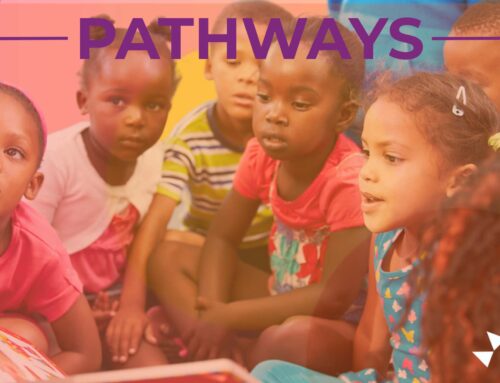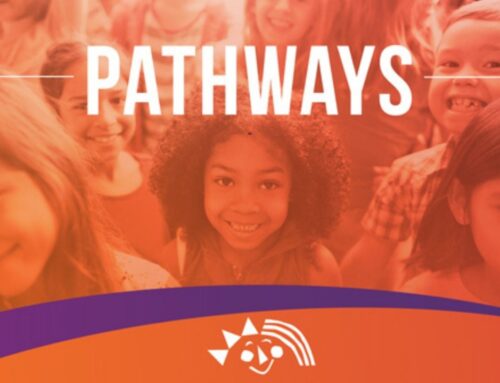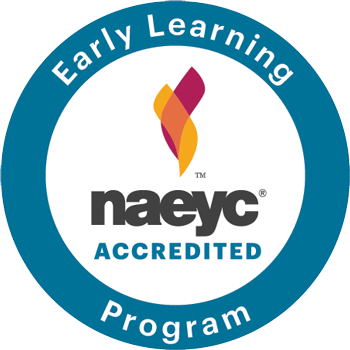May being Mental Health Awareness Month, we want to share some self-care tips from Dr. Algean Garner, Children’s Place Association Director of Clinical Services.
Good mental health is related to your emotional and psychological well-being. It is not just the absence of problems, but includes self-confidence and high self-esteem, a sense of contentment, enthusiasm for living, being able to laugh and have fun, coping effectively with stress and bouncing back from adversity. Other features include having a sense of meaning and purpose, balancing work, and play, and having fulfilling relationships. As defined by the American Psychological Association (APA), Mental health is a state of mind characterized by emotional well-being, good behavioral adjustment, relative freedom from anxiety and disabling symptoms, and capacity to cope with the ordinary demands and stresses of life.
In today’s world, we are facing many challenges that can adversely affect our mental health. These include, but are not limited to, social injustices, major heath crises, the recent COVID-19 pandemic, increased financial stress, economic instability, politics, social isolation, etc. While this may seem frightening, there is hope.
The primary step to maintaining good mental health is to engage in self-care. Self-care is more than just a word or term: it is actively engaging in activities that help refresh, refuel, and restore your sense of wellness, well-being, and happiness. Self-care activities can vary from person to person. For example, cooking may be relaxing and therapeutic for some and not for others. In general, self-care can include getting regular exercise, eating a healthy diet, avoiding excessive consumption of alcohol and drug use, getting enough sleep and rest, practicing gratitude daily, focusing on positive thoughts, and maintaining a good support network of friends and/or family. This list is not exhaustive and can include your own self-identified interests.
Maintaining and supporting good individual mental health is important to community health and is a significant public health concern. The individual, family, and community do not exist in isolation. When an individual’s mental health needs go unaddressed, negative consequences result and negatively impact the family and ultimately the larger community. Untreated mental illness can lead to homelessness, substance abuse, financial instability, unemployment, poverty, safety concerns (individual, family, and community), and ultimately have a negative impact on the overall health of a given neighborhood and larger community. Thus, it is important to focus on prevention, intervention, and treatment for both the individual and community. This is the holistic, proactive approach we adopt here at Children’s Place for our clients facing mental health issues.
It all starts with seeking assistance and knowing when to ask for help. We may have some life experiences that are challenging or stressful and cause a mild disruption in our life. However, if the stressor has a significant negative impact, it is important to know when to reach out for help. Should you or anyone you know exhibit the following symptoms: difficulty sleeping, appetite changes that result in significant weight loss or gain, difficultly getting out bed in the morning, loss of interest in once pleasurable activities, crying spells, social isolation, difficulty concentrating, decreased performance at work or school, or thoughts of suicide or death, please seek the help of a qualified professional immediately.
Remember help is a phone call away. For life-threating situations 911, for mental health support 988, chat is available at 988lifeline.org, SAMSHA national helpline 800-662-HELP (4357), TTY: 800-487-4889.








